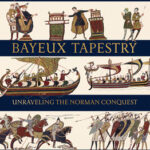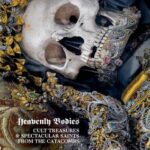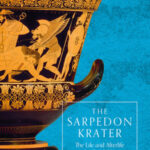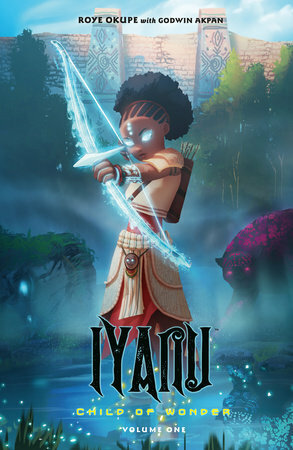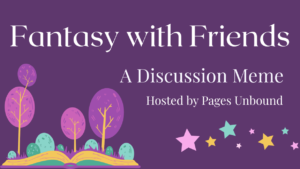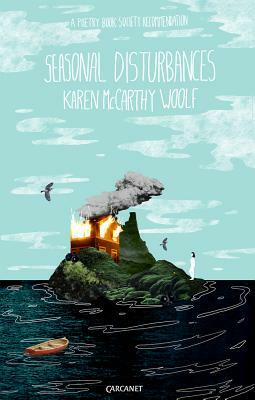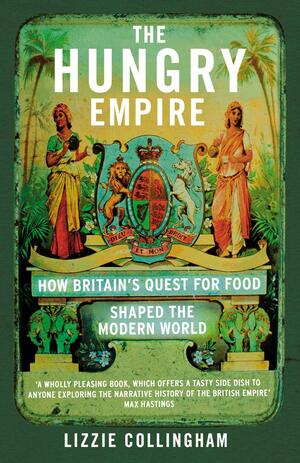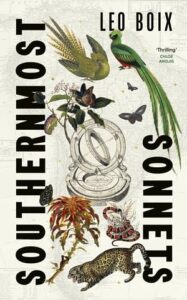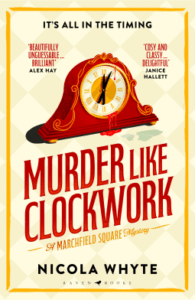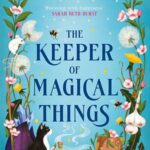
Dydd Gŵyl Dewi Hapus — Happy St David’s Day! I can’t believe it’s 1st March already, and time for month #2 of my reading wrap-up. For now it’s mostly the same stats and format as last month, but still excited to hear if anyone has any fun ideas for additions.
February in general:
February involved quite a bit of gaming, so a quick shoutout for the new-to-me games I was really loving: Loophole (a fun puzzle game with time travel and tricky paradoxes) and The Chef’s Shift (a typing game that’s also a restaurant management sim). I’ve been trying to do better at getting 100% achievements in the games I pick up and not consigning games to oblivion half played, so I really got stuck into those and got 100% on both, plus a few games I’d been neglecting for a while, like Fossil Corner (a game where you sort fossils, and find fossils matching people’s requests).
My wrist was pretty painful and stiff early in the month, but I kinda figured out why and gave myself a bit of a break, and was able to get back to physio without too many problems. I don’t know if it’s helping, but I’m giving it a bit more time before I go back to the GP, since I know I was (accidentally) doing some stuff that hurt my wrist in the last couple weeks.
I also sorted out my attendance at both my graduations: I’ll be graduating with an MSc in Infectious Diseases from the London School of Hygiene & Tropical Medicine at the end of March, and then from the University of London at the end of April. I’m in one of the last few cohorts to do so, since University of London shut down the course and LSHTM decided to keep it going by themselves. It’s kinda nice that I still get to graduate from both, as it means I’m graduating from the same university as my mum did (albeit in different subjects/from different schools, as she’s a doctor).
Alright, now let’s talk about the really important stuff: books!
Reading stats:
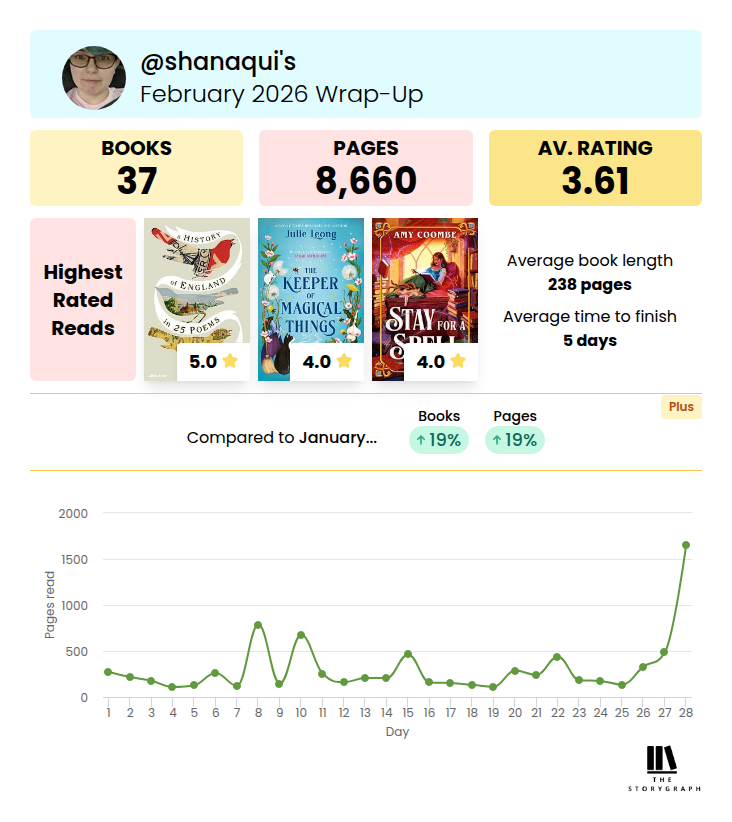

Total books read: 37
Total pages read: 8,660
Rereads: 1
ARCs: 6
Series finished/up to date: 2
Books owned pre-2026: 8
Books owned from 2026: 18
Borrowed books: 10
Fiction: 24
Non-fiction: 4
Poetry: 9
Comics, manga, manhwa, etc: 12
I’m ending the month ahead on my yearly reading goal, wooo. One major cause of that was mainlining the manhua adaptation of Mo Xiang Tong Xiu’s Grandmaster of Demonic Cultivation. I read the light novel recently, but reading an adaptation is always a little different, and I found it helped bits and pieces of the story come together for me that hadn’t really clicked before. Volume 13 should finish off the story, and is out in March, so I’m looking forward to finishing the series.
I read less non-fiction than I expected, but more poetry. I’m still enjoying exploring more poetry!
Progress on reading goals:
Overall total books read: 68/400 (2 books ahead)
Overall total pages read: 15,966/100,000 (472 pages behind)
Books read from backlog: 21/100
Books owned since 2026 and not yet started: 12/20
Good progress here, really! I was a few books behind (and further behind on pages) until I did a marathon of reading yesterday to finish off my BookSpinBingo card. I actually managed it, finishing nine books in a single day, which was a lot of fun but not something I want to do often, ahaha.
I need to work more on getting the number of books I’ve bought this year and not started doooown, since my graduation this month means a trip to London and therefore to a bunch of bookshops.
Blogging stats:
Views: 13.7k
Visitors: 11.9k
Likes: 353
Comments: 389
Reviews: 28
Other posts: 16
A busy month! I’m not entirely sure why, though I’m sure bots are a part of it. Still, all the numbers are up, including likes and comments, so I don’t think it’s just bots. It’s probably also the fact that I took part in Top Ten Tuesday and added a new weekly meme I participate in (Fantasy with Friends), plus trying to be generally active and add fun blogs to my own RSS feed.
Most viewed posts:
I continue to get a fair bit of traffic to reviews of The Other World’s Books Depend on the Bean Counter, which I guess is due to the anime. I wonder if I’ll see more for Heaven Official’s Blessing, given the release of the new short film, though I think the audience for the short films are already pretty locked in and don’t need to read book reviews to know that Hualian invented love…
My own favourite posts:
Posts I loved from elsewhere:
- From Reactor Magazine: How to Uphold the Status Quo: the Problem with Small Town Witch Romances, by Jenny Hamilton
- From Books, Bones & Buffy: NIGHTSHADE & OAK by Molly O’Neill – Review, by Tammy
- From Books, Bones & Buffy: STRANGE ANIMALS by Jarod K. Anderson – Review, by Tammy
- From The Bibliosanctum: Book Review: Strange Animals by Jarod K. Anderson, by Mogsy
- From Book’d Out: 2026 Non-Fiction Award Announcements, by Shelleyrae
- From Books, Bones & Buffy: A FOREST, DARKLY by A.G. Slatter – Review, by Tammy
Alright, that’s me for February! Time to go and start on that March reading.
 What have you recently finished reading?
What have you recently finished reading? What are you currently reading?
What are you currently reading? What will you read next?
What will you read next?







